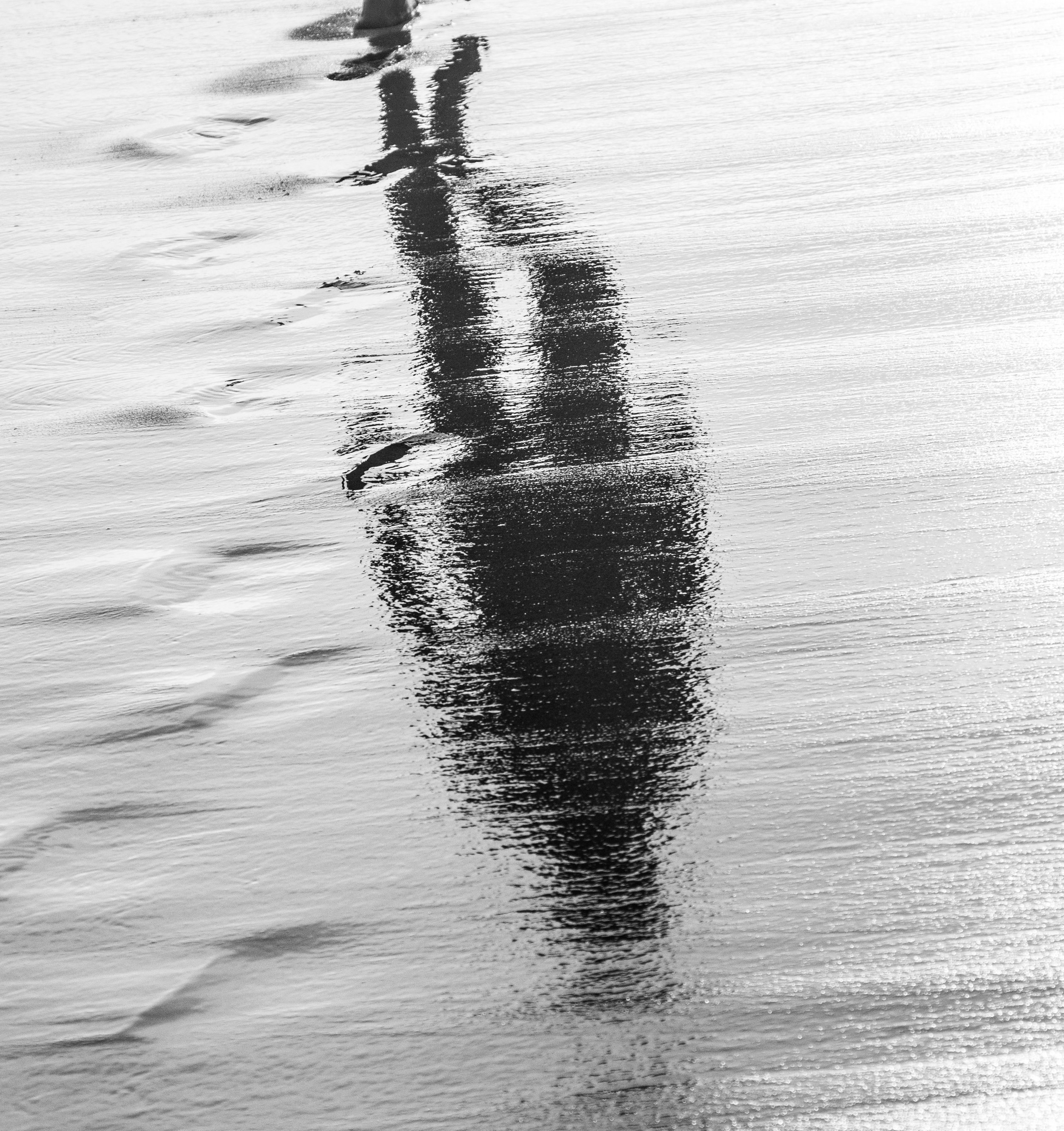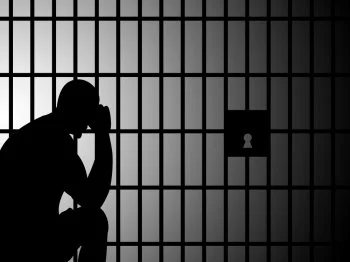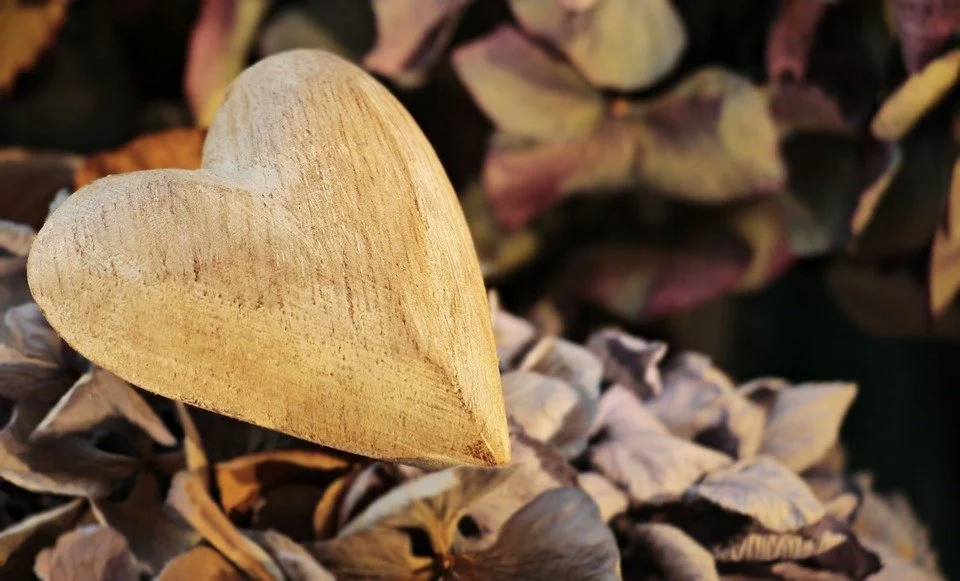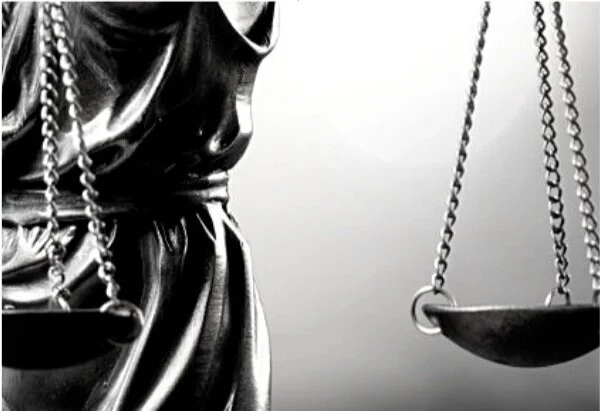In Thanksgiving For My Clients
/Most psychotherapists I know have come to the surprising, albeit obvious realization at some point in their careers that the clients that come through their doors have as much to give us as we have to give them. I’m not just talking about financial security or compensation; I’m referring to how the struggles our clients wrestle with, often mirror the personal issues that need healing within ourselves.
I am no exception.
Early in my career, my supervisor casually commented about how I seemed to attract teenage girls who had very conflicted and distant relationships with their parents, particularly their mothers. The girls often presented as tough, uncaring, independent, and self-sufficient, so it would take a long time for them to trust people who were trying to help them—e.g. teachers and guidance counselors. Once they did come to trust them, another dynamic would occur.
The “needier” girls would shadow me and feel painfully rejected if I wasn’t available. These girls were yearning for nurturing, but they were equally terrified of being disappointed because of their early experiences at home. They feared being rejected, criticized and/or shamed, so it was difficult for them to be vulnerable and forthcoming, or understanding of others’ limitations in time and energy.
Interesting how my supervisor’s comment, which I interpreted as offhanded, kicked up the same feelings of shame and confusion in me as I saw being exhibited in the girls I worked with. This led me to a deep dive into questioning my own early relationships with family.
Was I, too, in the same boat as these severely troubled teens?
Was there a hurt, frightened little girl inside me patiently waiting for someone to see her behind the façade of being the “dependable helper”?
Was I not being helpful to the teenagers I was working with at the time?
I began to question what I had heretofore believed was my strength—my ability to connect and see the pain behind their bravado, self-defeating and self-destructive behaviors.
This process of self-inquiry has stayed with me for the past 40 years.
I learned from a master therapist, Dr. David Treadway, that we, as wounded healers, are actually so effective in working with our troubled clients not in spite of our own challenges, but because of them—that is, if we do our own work. It’s what makes programs like Alcoholics Anonymous so effective for so many. People suffering from alcoholism who are doing their recovery work are so helpful to others whom they sponsor because they know how it feels and what it takes to heal. And so, ideally, there is no judgment in the hard task of confronting alcoholism-related thinking and behaviors in those they work with.
Throughout my career, I have had many experiences with people who have sought me out for help: women who loved too much and stayed in dangerous relationships for fear of being seen as a failure or less than perfect; women who didn’t know they could have a voice in their relationships; men and women who believed they weren’t good enough mothers or daughters, fathers or sons; men and women who were afraid to ask for help because they secretly believed they didn’t deserve it. All of these became people who helped me look at those same issues in my own life.
Resilience and Courage
Midway through my career, at a time when I was drowning in self-doubt, I learned about resilience from a little girl who had been molested by a cousin a little older than she. In a family session where her Mom had been crying about what would happen to her daughter, the little girl reassured all of us that she would be OK by drawing a picture of a little girl and a fairy godmother that protected her. When asked to tell us a story about it, she said the beautiful woman was assuring her of the wonderful life she would have, even though something bad had happened. She seemed to know that there was a stronger part of herself that could ride out this crisis and go on to have a happy life… and she did.
She was but one of many clients who taught me that we can overcome a vast many challenges in our lives.
As a young therapist, I could easily become overwhelmed by the seemingly impossible situations people lived in. I would feel hopeless and helpless to figure out how they would survive. Very often, however, with a little support and encouragement, they would rise up to the situation and come up with a solution I could never have thought of. These individuals helped me see that with enough support, we, too, can overcome our own adversity. It reaffirmed my belief in a power greater than my self and in the resilience of the human spirit to survive and thrive even in the face of unimaginable obstacles (and research today is proving this to be the case). It also helped me let go of some of the impossible expectations I had for myself by helping me understand and accept the limits of my responsibilities and abilities.
I have found this to be especially true about the diverse individuals that I have worked with. Single parents, new immigrants, men who couldn’t find their place in the world, young women and men who felt abandoned by family and society—all of them have helped me to face those parts of myself that didn’t see how much I had to be grateful for, how easily I could be in their shoes, and how I, too, did not want to think about how we sometimes treat others different from ourselves. In the face of many obstacles, they would come into my office searching for what they could do to improve their life. They persisted beyond anything I could see myself doing. It humbled me and gave me a tremendous appreciation for their courage.
My Most “Unlikely” Teachers
About 25 years ago, I supervised a program for men coming out of jail having served time for a sexual offense. I hesitate writing about my experience with them because of how our culture thinks about such people. In truth, however, they were some of my greatest teachers. Many were experiencing the highest levels of self-hatred—they knew how many people thought about them.
Agreeing to our program was, for these men, an act of desperation. Without it, there was little chance they would be allowed to have a relationship with their children. They came in afraid of being judged, afraid they would be rejected, of being sent back to prison if they opened up and told their truth.
After a few months in treatment, most of them would reach the shadow place where we all hide those parts of our self that we despise. The pain in facing their true self was excruciating to witness. Many dropped out, but for those who stayed, the journey was just beginning. There were months of uncovering those rejected parts of themselves and reliving the often painful histories that led to their behavior, followed by months preparing to face their victims and families with the goal of acknowledging fully their responsibility, while releasing the victims of any doubt about their own culpability. This was then followed by months of dealing with their family’s pain before, finally, putting a safety plan in place for everyone.
From these men, I learned much about courage and integrity, about compassion and self-forgiveness:
I learned that in ways, I was no different from them, in that we all have the capacity for doing things that go against our values and beliefs.
I learned that vulnerability is often a sign of strength, even though I had believed that I needed to act competent to be taken seriously—even in the face of my own self-doubts and ignorance.
I learned that thinking that we have to do it alone without complaint—the message most men, especially, learn in our culture—is what led them to becoming flooded with despair and powerlessness, and ultimately, to their acting out.
Most of all, I learned the possibility of redemption, the paradoxical nature of acknowledging fault and making amends, and how that can actually grow and nourish our soul and our potential for self-respect.
As one tearful man who finished our program after three long years of work reported to us at his discharge meeting, “This program helped me regain my dignity as a man—something I never thought possible because of what I had done.”
Understanding, Appreciation, and Thanks
Working with these men also gave me an understanding and appreciation for the men in my life for whom I had developed so many conflicted feelings. They helped me see their stoicism as a conditioned stance, in a world where competition and aggressiveness were rewarded, where cooperation and compassion were seen as “weak”. They helped me see that underneath, men wanted the same thing as women—to be valued as a human being and to be loved.
Working with the partners of these men helped me see how the bitterness and anger they felt for their partners were destroying their own ability to be nurturing to their children. I could so easily understand the feelings of these women, having been in disappointing relationships myself. I had never realized how holding onto these toxic emotions, however, kept the cycle going in my other relationships.
I learned that many people who come into therapy have experienced trauma, and that that trauma cuts us off from ourselves, and from our capacity to be present and to be responsive to those we love. If we are not recreating the trauma in some way in an unconscious attempt to master it, we often become dissociated from our feelings and react based on others’ needs or demands without ever realizing we have lost ourselves. We lose our precious connection to our soul.
It took me a long time to realize that what I thought was a “normal” growing up experience did not preclude the experience of being overwhelmed by events that were beyond my capacity to process at the time. That is what trauma is, and its impact isn’t mitigated by trying to “just put it behind” us.
And so, in thinking about the many people I have worked with as a psychotherapist, I give thanks. The people who have walked though my door for help with their own struggles, I will always remember as gifts that gave me access to parts of myself that I didn’t even know needed healing, and for them, I am so grateful. These folks have helped me look at the issues in my life experiences I would have easily wanted to pretend did not exist. At this time of the year, when we take the opportunity to review life with eyes of gratitude, let us not forget all those beyond our family and friends who have helped us grow and heal; let us send them a blessing for being in our lives at just the right moment that we needed them to be.
Who in your life has helped you to grow and heal?
Share your gratitude and comments at the bottom of the page.
©Whatismyhealth




























Understanding our attachment styles can help us bypass destructive strategies and find a more authentic connection.